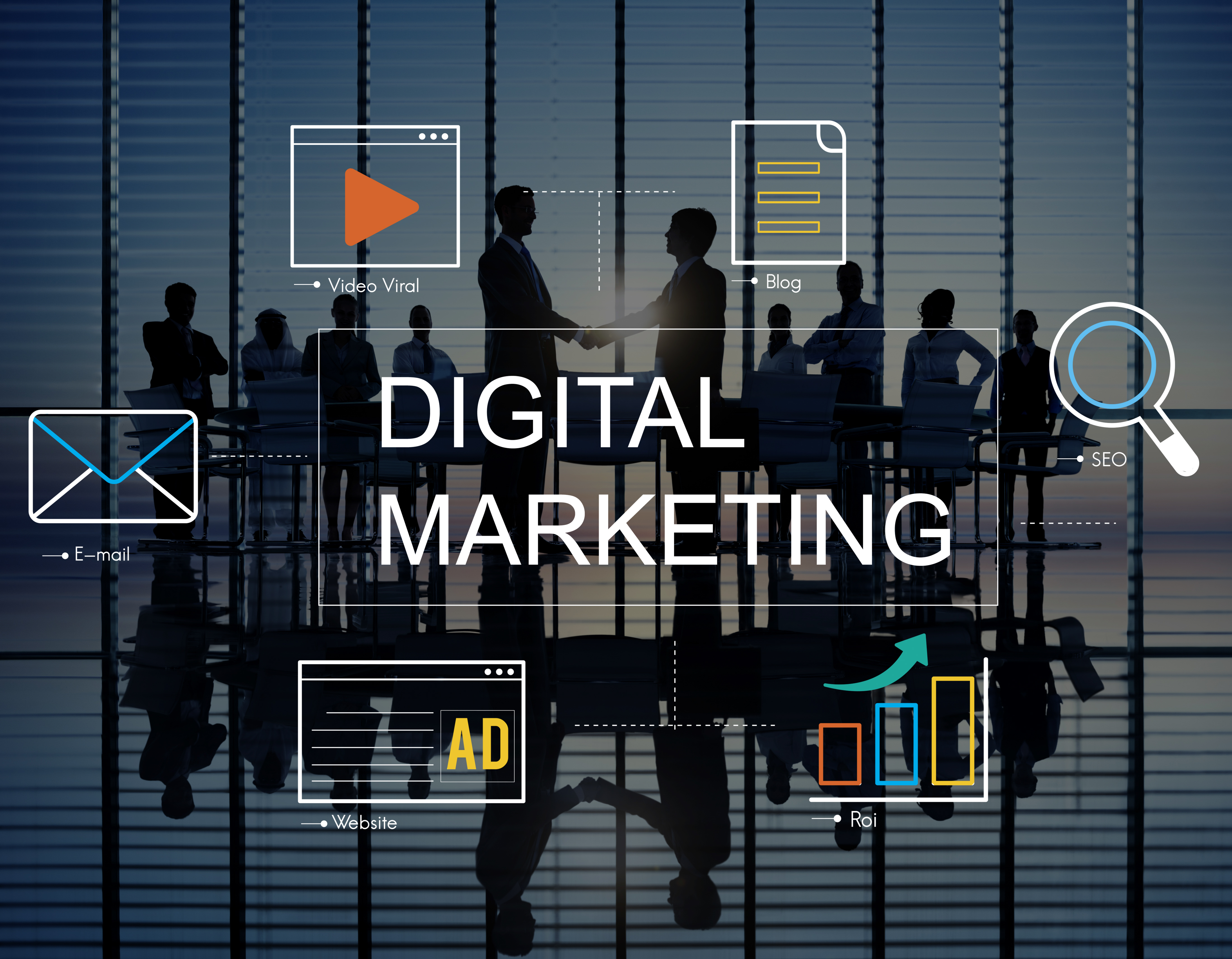Blogs

20/Nov/2023
Digital Marketing Services in the Travel Industry
In the dynamic landscape of the travel industry, where competition is fierce and customer expectations are constantly evolving, the significance of digital marketing cannot be overstated. With the advent of the internet and the proliferation of social media, digital marketing has emerged as a game-changer for businesses across various sectors, including travel and tourism. In this blog, we will explore how digital marketing can profoundly impact your travel business, offering insights into strategies that can elevate your brand, engage customers, and drive conversions
Online Presence and Visibility
In the digital age, a robust online presence is crucial for the success of any business, and the travel industry is no exception. Digital marketing channels, such as search engine optimization (SEO) and social media marketing, can significantly enhance your travel business's visibility. By optimizing your website for search engines, you increase the likelihood of appearing on the first page of search results, making it easier for potential customers to find and explore your services.
Social Media Marketing for Brand Building
Social media platforms have become integral to people's lives, providing an unprecedented opportunity for travel businesses to connect with their target audience. Through strategic social media marketing, you can showcase the unique experiences your travel packages offer, share engaging content, and build a community of loyal followers. Platforms like Instagram and Facebook allow you to visually highlight the beauty of destinations, share customer testimonials, and create a brand personality that resonates with your audience.
Targeted Advertising and Personalization
Digital marketing enables precise targeting of potential customers based on their preferences, behavior, and demographics. Utilizing tools like Google Ads and social media advertising, you can tailor your marketing messages to specific audience segments. This personalized approach increases the relevance of your ads, improving the chances of conversion. By analyzing customer data and behavior, you can refine your marketing strategies to better meet the needs and desires of your target audience.
Content Marketing for Storytelling
In the travel industry, storytelling is a powerful tool to evoke emotions and inspire wanderlust. Through content marketing, including blog posts, articles, and videos, you can tell compelling stories about destinations, share travel tips, and provide valuable information to your audience. Quality content not only establishes your authority in the travel niche but also enhances your website's SEO, driving organic traffic and keeping visitors engaged.
Email Marketing for Customer Engagement
Email marketing remains an effective way to engage with your audience and nurture customer relationships. By building an email list, you can keep your customers informed about new travel packages, exclusive deals, and upcoming promotions. Segmenting your email list allows you to send targeted messages, ensuring that each subscriber receives content that is relevant to their interests and preferences.
Reviews and Reputation Management
In the digital era, customer reviews and online reputation play a pivotal role in influencing travel decisions. Digital marketing strategies should include a proactive approach to managing online reviews and maintaining a positive reputation. Encourage satisfied customers to leave reviews on platforms like TripAdvisor and Yelp, and promptly address any negative feedback to demonstrate your commitment to customer satisfaction.
Conclusion
In conclusion, the impact of digital marketing on the travel industry is transformative. From enhancing online visibility and building a strong brand presence to engaging customers through social media and personalized advertising, the opportunities are vast. To stay ahead in the competitive travel business landscape, embracing and leveraging digital marketing strategies is not just an option; it's a necessity. As technology continues to evolve, so will the ways in which digital marketing can be harnessed to create meaningful connections with travelers and drive business success.

